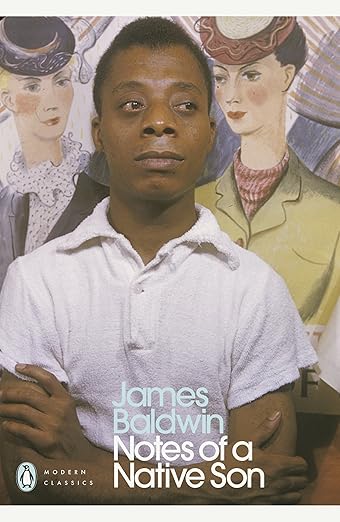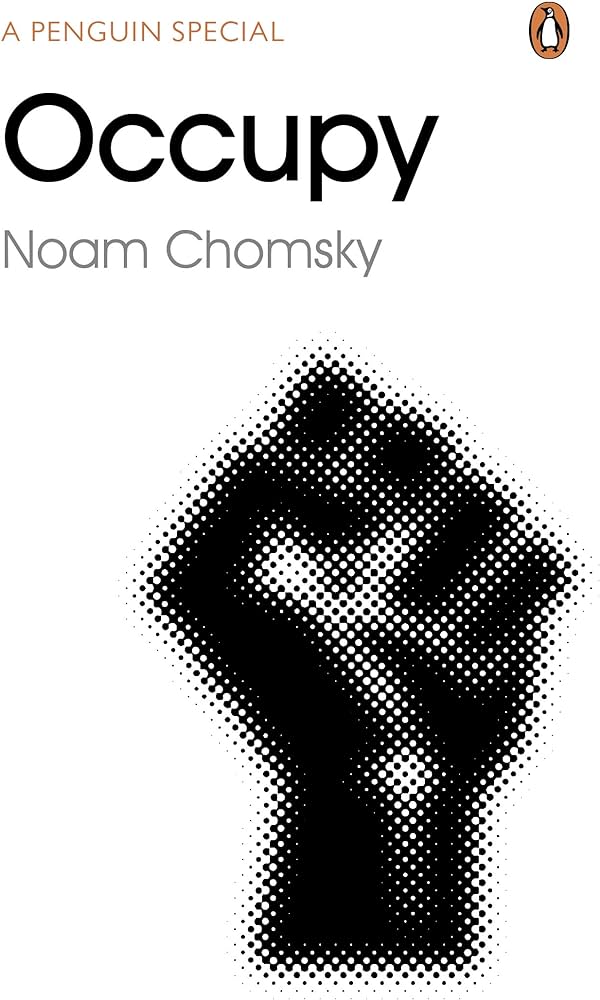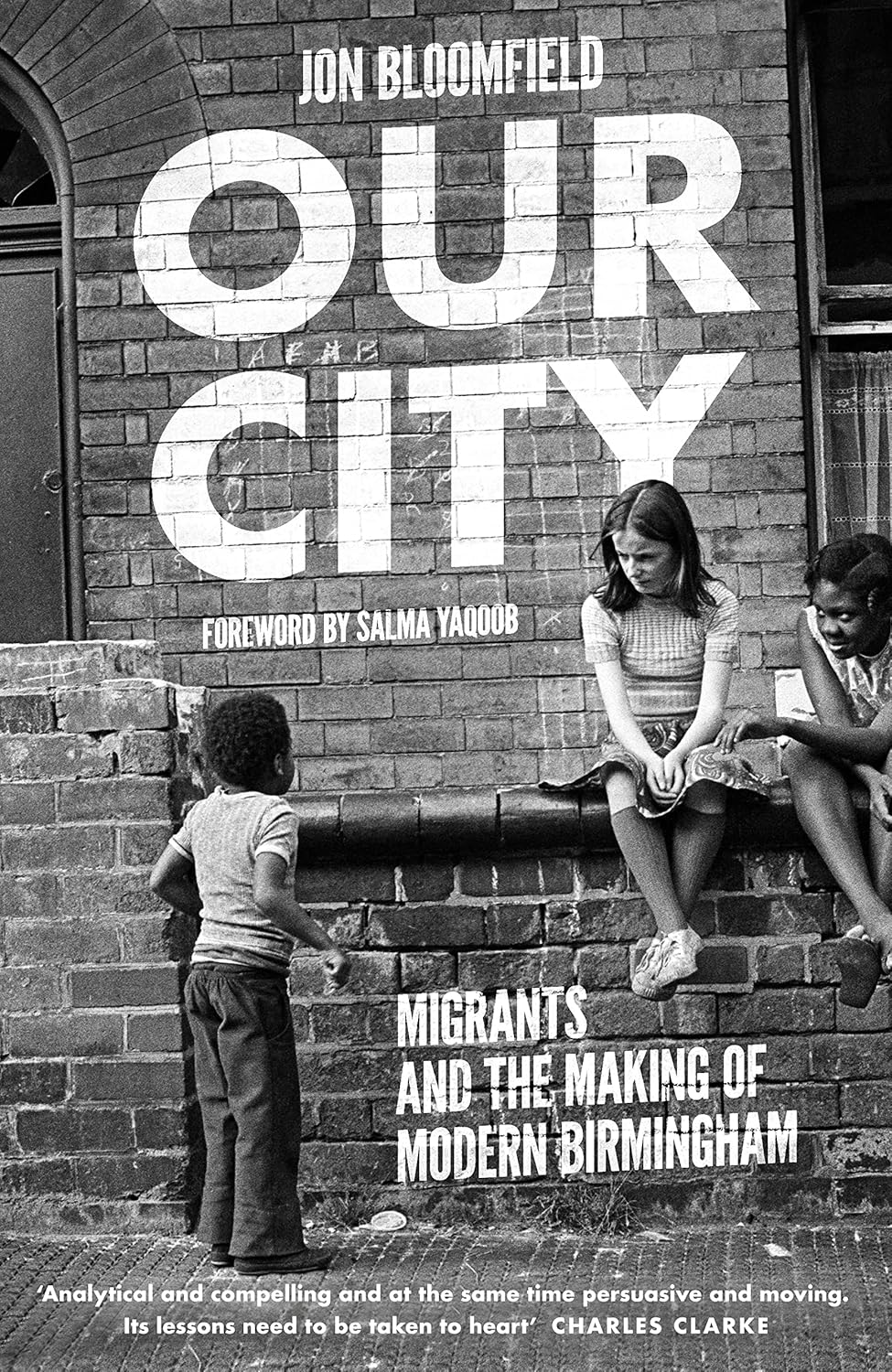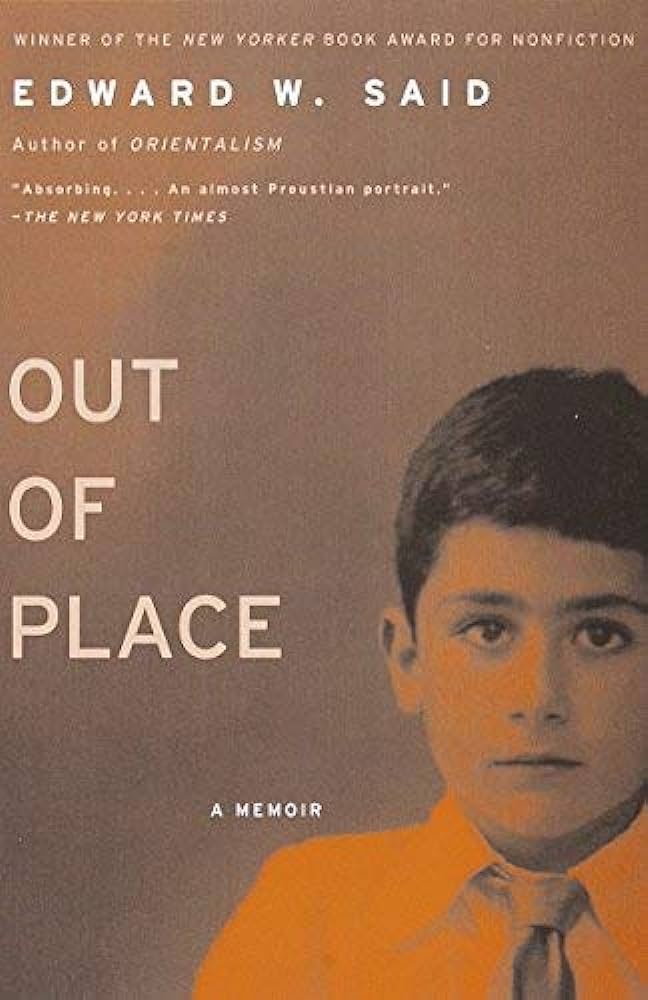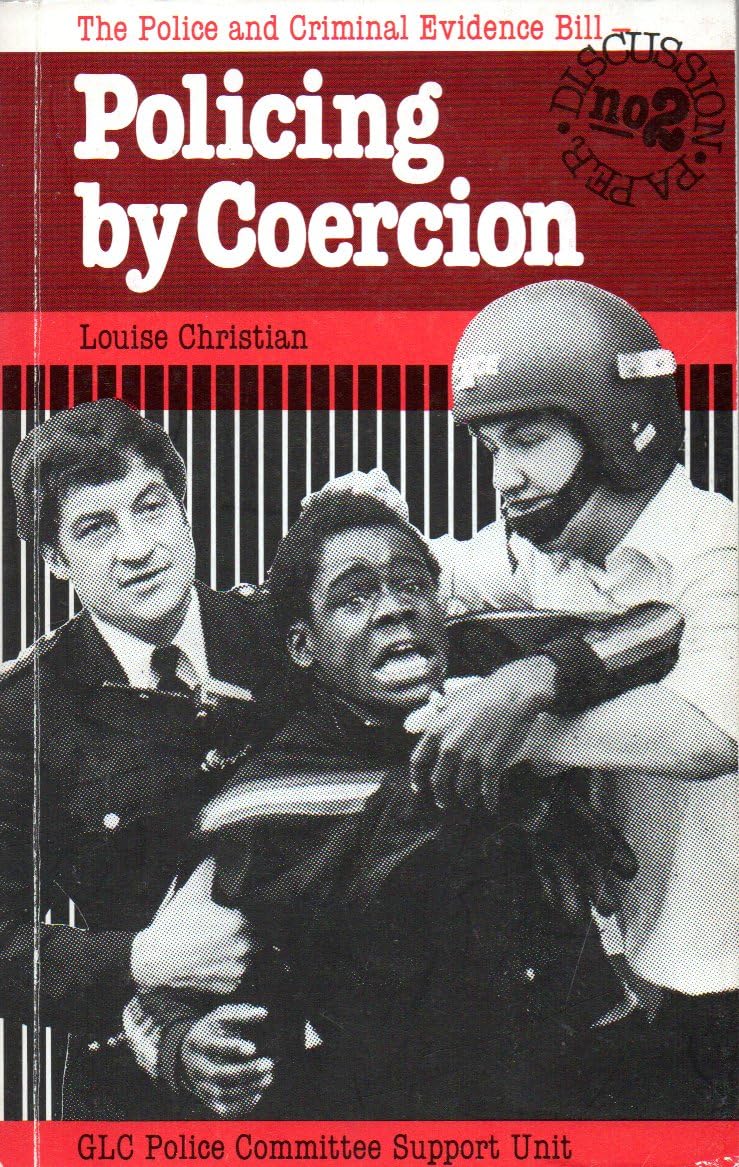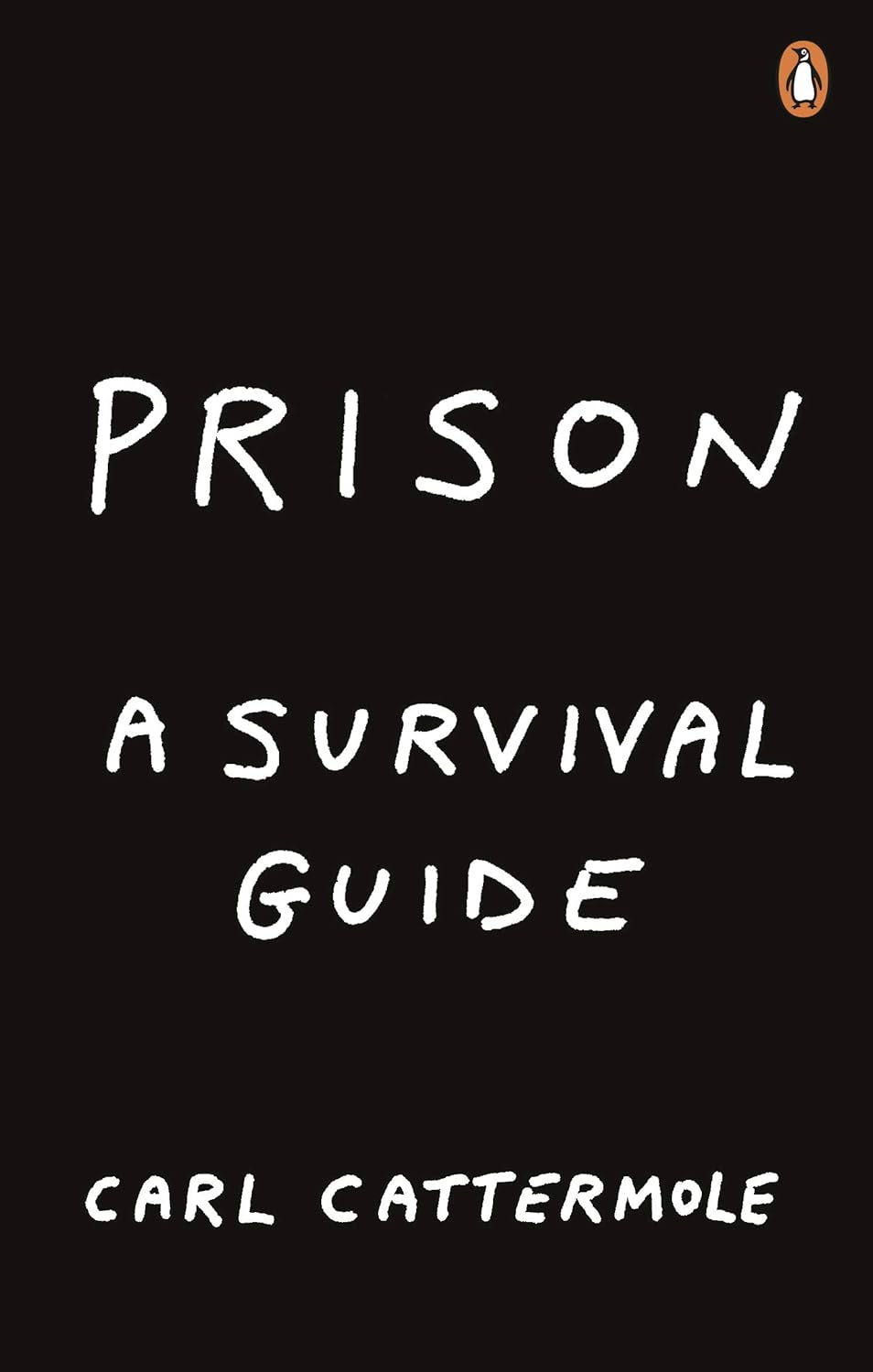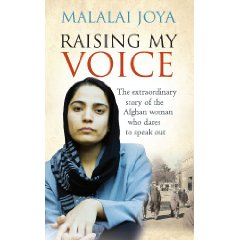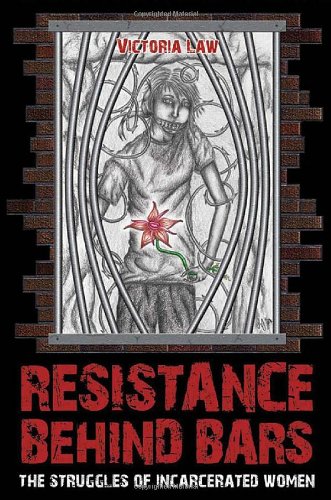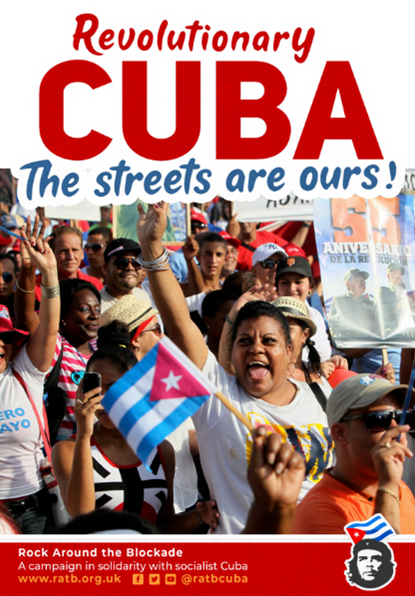James Baldwin's breakthrough essay collection made him the voice of his generation. Ranging over Harlem in the 1940s, movies, novels, his preacher father and his experiences of Paris, they capture the complexity of black life at the dawn of the civil rights movement with effervescent wit and prophetic wisdom.
'A classic ... In a divided America, James Baldwin's fiery critiques reverberate anew' Washington Post
'Edgy and provocative, entertainingly satirical' Robert McCrum, Guardian
'Cemented his reputation as a cultural seer ... Notes of a Native Son endures as his defining work, and his greatest' Time
Since its appearance in Zuccotti Park, New York, in September 2011, the Occupy movement has spread to hundreds of towns and cities across the world. No longer occupying small tent camps, the movement now occupies the global conscience as its messages spread from street protests to op-ed pages to the highest seats of power. From the movement's onset, Noam Chomsky has supported its critique of corporate corruption and encouraged its efforts to increase civic participation, economic equality, democracy and freedom. Through talks and conversations with movement supporters, Occupy presents Chomsky's latest thinking on the central issues, questions and demands that are driving ordinary people to protest. How did we get to this point? How are the wealthiest 1% influencing the lives of the other 99%? How can we separate money from politics? What would a genuinely democratic election look like? How can we redefine basic concepts like 'growth' to increase equality and quality of life for all?
'Indispensable . . . Speaks of hope and courage' Observer
'An ode to openness, offering a refreshing alternative to those accounts that treat migrants as faceless statistics' David Lammy MP
'A highly informed and eloquent account of life in a modern British city during a period of globalisation, austerity and mass migration' Patrick Cockburn, Independent
Race and migration are the most prominent and divisive issues in British politics today.
As Brexit and the dangers of Islamist extremism are being used to reassert a closed British identity, these stories – of fifty migrants, first and second generations; men and women; from thirteen different countries from Ireland to India, Pakistan to Poland, the Caribbean to Somalia – highlight the variety of migrant experience and offer an antidote to the fear-mongering of the tabloid press.
This positive story of integration is all too rarely told, and it offers a firm defence of the principles of equality and increased diversity. Our City shows why mixed, open societies are the way forward for twenty-first-century cities, and how migrants help modern Britain not only survive but prosper.
"I think this is one of the most important books ever done about the South... Tony Dunbar has documented what many students of the South have proclaimed: the fact that poor white people and poor black people, though separated and alienated from each other through history, have identical economic and political interests, and essentially the same set of enemies - a society which has neglected their basic needs." - Patt Watters
Edward Said experienced both British and American imperialism as the old Arab order crumbled in the late 1940s and early 1950s. This account of his early life reveals how it influenced his books Orientalism and Culture and Imperialism. Edward Said was born in Jerusalem and brought up in Cairo, spending every summer in the Lebanese mountain village of Dhour el Shweir, until he was 'banished' to America in 1951. This work is a mixture of emotional archaeology and memory, exploring an essentially irrecoverable past. As ill health sets him thinking about endings, Edward Said returns to his beginnings in this personal memoir of his ferociously demanding 'Victorian' father and his adored, inspiring, yet ambivalent mother.
The widely criticised Police and Criminal Evidence Bill would have given the police unprecedented new powers on the streets and in police stations. Although the Bill fell when the 1983 General Election was called, a new Bill is being reintroduced by the government. This book analyses the issues behind the Bill, and the argument that the new powers are needed not to detect crime, but to enable the police to act as a repressive mechanism of social control. The effect will be to legitimise policing by coercion.
The cult guide to UK prisons by Carl Cattermole – now fully updated and featuring contributions from female and LGBTQI prisoners, as well as from family on the outside.
Contains:
Blood – but not as much as you might imagine
Sweat – and the prisons no longer provide soap
Tears – because prison has created a mental health crisis
Humanity – and how to stop the institution destroying it
Malalai Joya is the youngest and most famous female MP in Afghanistan, whose bravery and vision have won her an international following. She made world headlines with her very first speech, in which she courageously denounced the presence of warlords in the new Afghan government. She has spoken out for justice ever since, and for the rights of women in the country she loves. Raising My Voice shares her extraordinary story.
Born during the Russian invasion and spending her youth in refugee camps, Malalai Joya describes how she first became a political activist. When she returned to Afghanistan, the country was under the grip of the Taliban and she ran a secret school for girls. A popular MP with her constituents, she received global support when she was suspended from parliament in 2007 because of her forthright views.
Malalai Joya's work has brought her awards and death threats in equal measure. She lives in constant danger. In this gripping account, she reveals the truth about life in a country embroiled in war - especially for the women - and speaks candidly about the future of Afghanistan, a future that has implications for us all.
In 1974, women imprisoned at New York's maximum-security prison at Bedford Hills staged what is known as the August Rebellion. Protesting the brutal beating of a fellow prisoner, the women fought off guards, holding seven of them hostage, and took over sections of the prison. While many have heard of the 1971 Attica prison uprising, the August Rebellion remains relatively unknown even in activist circles. Resistance Behind Bars is determined to challenge and change such oversights. As it examines daily struggles against appalling prison conditions and injustices, Resistance documents both collective organizing and individual resistance among women incarcerated in the U.S. Emphasizing women's agency in resisting the conditions of their confinement through forming peer education groups, clandestinely arranging ways for children to visit mothers in distant prisons and raising public awareness about their lives, Resistance seeks to spark further discussion and research into the lives of incarcerated women and galvanize much-needed outside support for their struggles.
From the triumph of the revolution in 1959 and the huge advances for the Cuban population, to the challenges of surviving the collapse of the Soviet Union and Cuba's astounding feats in healthcare, education and internationalism, this pamphlet tells the story of revolutionary Cuba. It is written by members and supporters of Rock Around the Blockade, a campaign of the Revolutionary Communist Group, who are committed to the fight against imperialism and to building a working class movement in Britain.
Resisting 60 years of blockade and imperialist aggression, socialist Cuba continues to provide a beacon of hope and solidarity, offering an alternative to capitalist war, poverty and exploitation. Cutting through the myriad of media misrepresentation and hypocrisy, this pamphlet does not simply describe Cuba but draws out the relevance of Cuba's revolution to the global fight against capitalism, imperialism and the struggle for socialism here in Britain.

